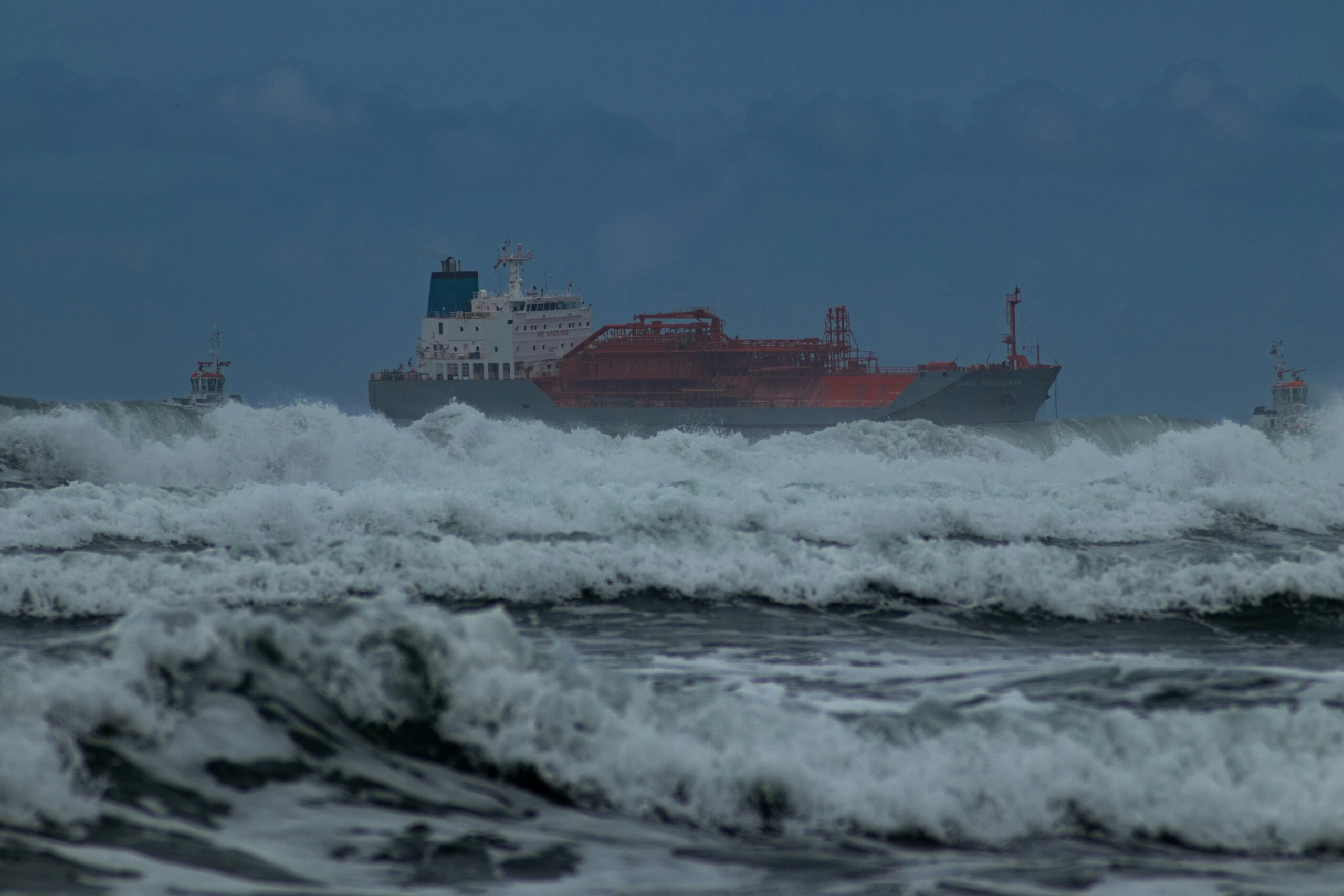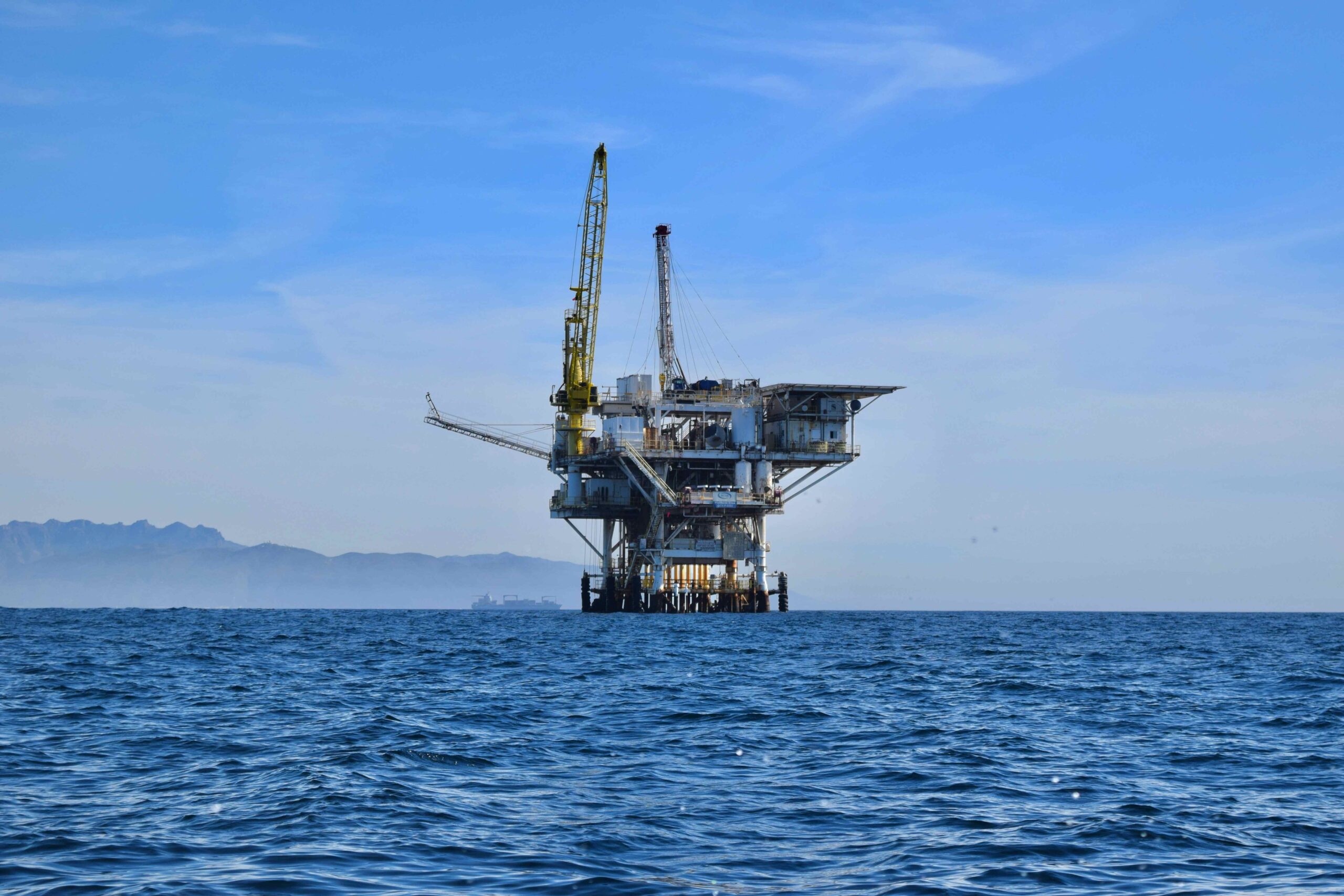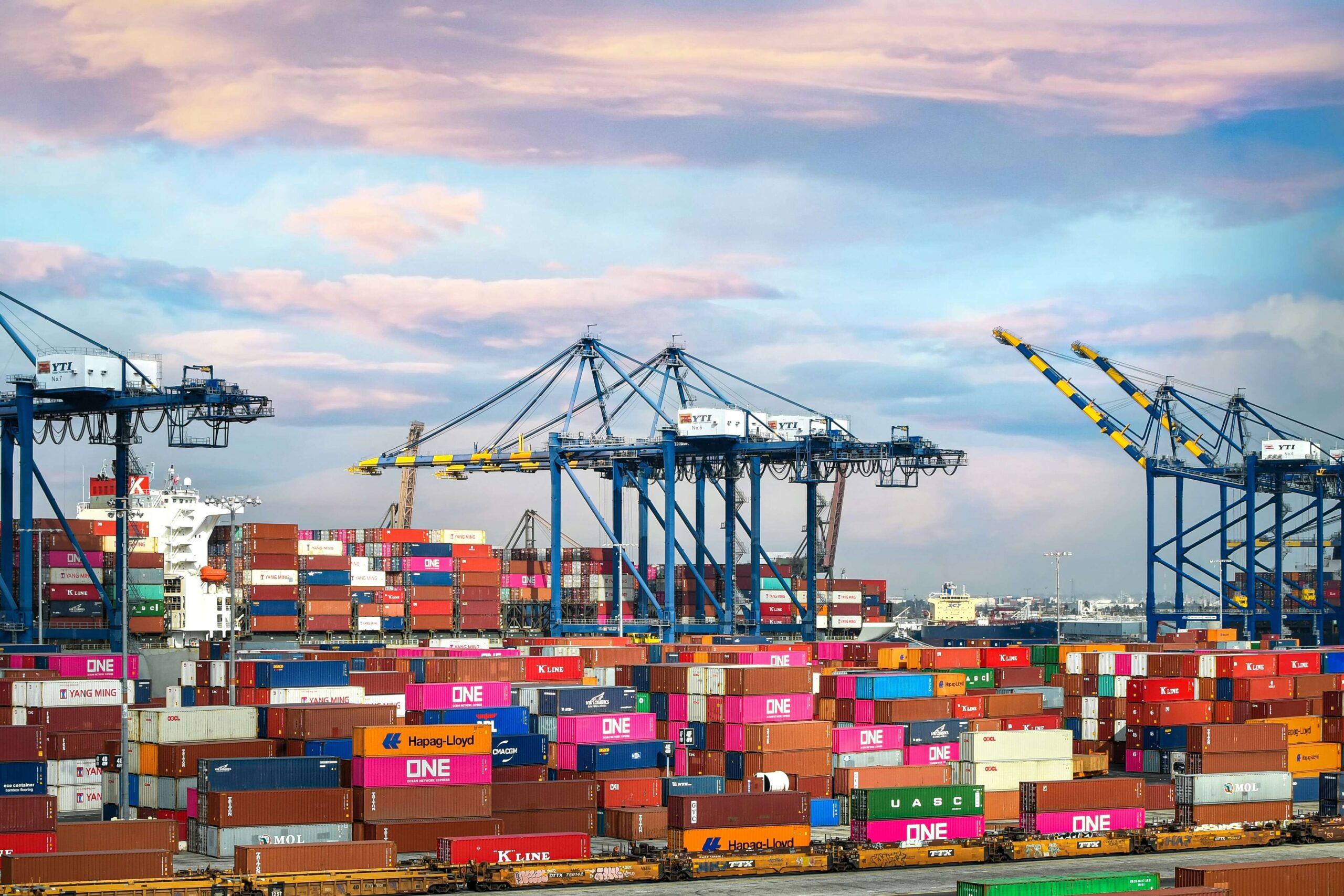Fuel Bunkering Operations: Safeguarding Safety and Enhancing Efficiency
Fuel bunkering operations play a crucial role in maritime industries by ensuring vessels are efficiently and safely fueled for their journeys. This comprehensive exploration delves into the fundamental aspects of fuel bunkering, emphasizing safety protocols and efficiency measures essential for these operations. Understanding
The Essential Role of Bunker Fuel in Offshore Energy Projects
Bunker fuel is indispensable in the realm of offshore energy projects, serving as the primary fuel source that drives crucial operations essential for offshore exploration and production activities worldwide. These projects encompass a diverse range of endeavors, from extracting offshore oil and gas
Green Shipping: Pioneering Sustainable Bunker Fuels for a Cleaner Maritime Era
The maritime sector is swiftly embracing sustainability, driven by the urgent need to minimize environmental impact. Green shipping initiatives prioritize the adoption of sustainable bunker fuels to curb emissions and meet global climate targets effectively. Embracing Sustainable Choices Shipping, crucial for global trade,
Case Studies of Major Bunker Fuel Spills: Lessons Learned for Environmental Protection
Bunker fuel spills represent significant environmental incidents with far-reaching consequences for marine ecosystems, coastal communities, and economies. These spills often result from accidents during fuel transfer operations, collisions, or grounding incidents involving vessels carrying large quantities of bunker fuel. Here, we examine notable
Impact of COVID-19 on the Bunker Fuel Market: A Transformative Period for Maritime Energy
The onset of the COVID-19 pandemic in early 2020 brought unprecedented disruptions to global economies, industries, and supply chains, with the maritime sector and bunker fuel market experiencing significant impacts. As countries implemented lockdowns, travel restrictions, and reduced industrial activities to curb the
Alternative Fuels: The Rise of LNG as a Marine Fuel
In recent years, the maritime industry has been undergoing a transformative shift towards cleaner and more sustainable fuel options, with liquefied natural gas (LNG) emerging as a prominent alternative. LNG, known for its lower emissions profile compared to traditional marine fuels, is gaining
Innovations in Bunker Fuel Production: Shaping the Future of Sustainable Maritime Energy
The field of bunker fuel production is rapidly evolving thanks to technological advancements that are revolutionizing how marine vessels are fueled globally. These innovations not only improve efficiency and sustainability but also ensure compliance with strict environmental regulations. Below, we delve into the
Bunker Fuel Supply Chain and Logistics: Ensuring Efficiency and Reliability
Bunker fuel stands as the essential energy source for maritime shipping, powering vessels that traverse the world’s oceans with goods essential for global trade. The intricate supply chain and logistics of bunker fuel distribution play a crucial role in ensuring its effective delivery
Bunker Fuel Quality: Standards and Regulations
Bunker fuel quality is essential for maritime operations, affecting engine performance, maintenance costs, and environmental impact. Maintaining high-quality bunker fuel requires adherence to rigorous standards and regulations aimed at ensuring safety, efficiency, and environmental sustainability in the shipping industry. Importance of Bunker Fuel
The Role of Bunker Fuel in Global Trade
Bunker fuel is a fundamental element that drives the global shipping industry, providing the energy necessary to propel vessels that transport the majority of the world’s goods across oceans and seas. This essential fuel type plays a pivotal role in enabling efficient and










